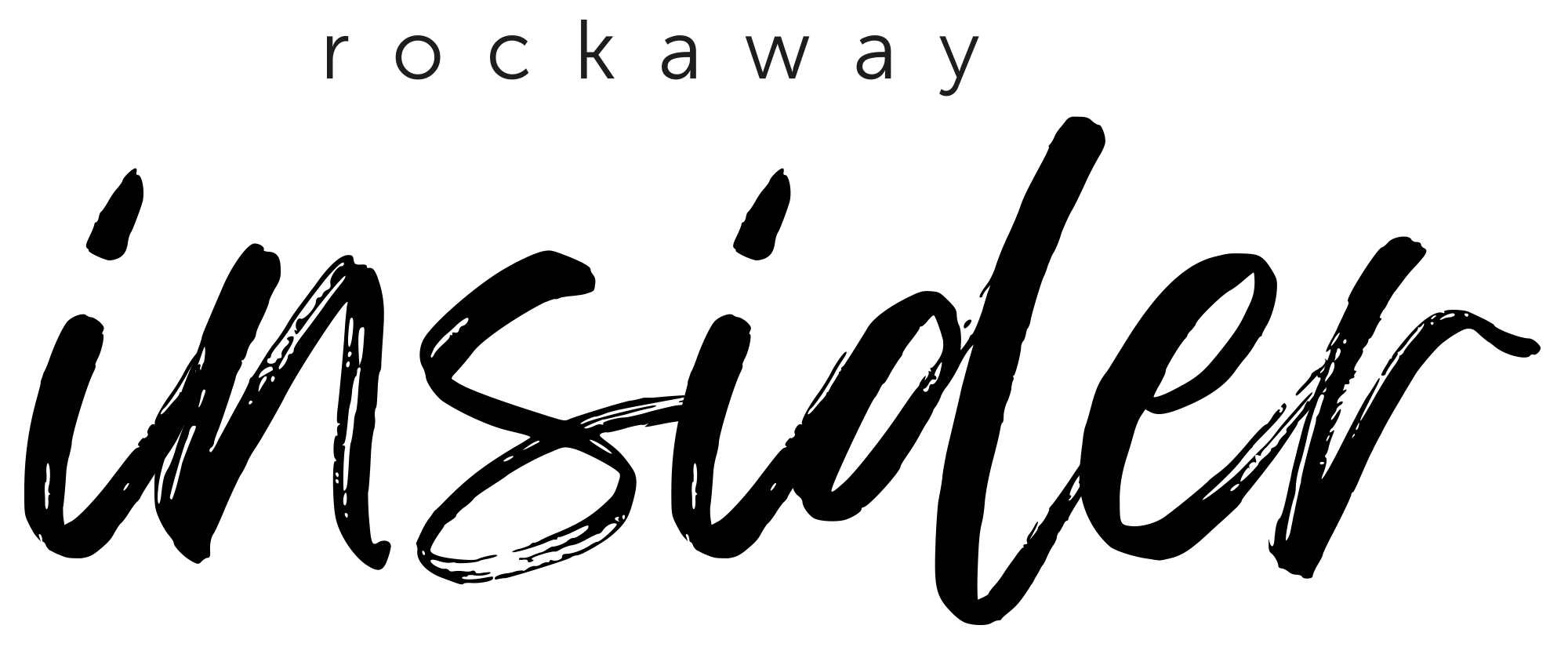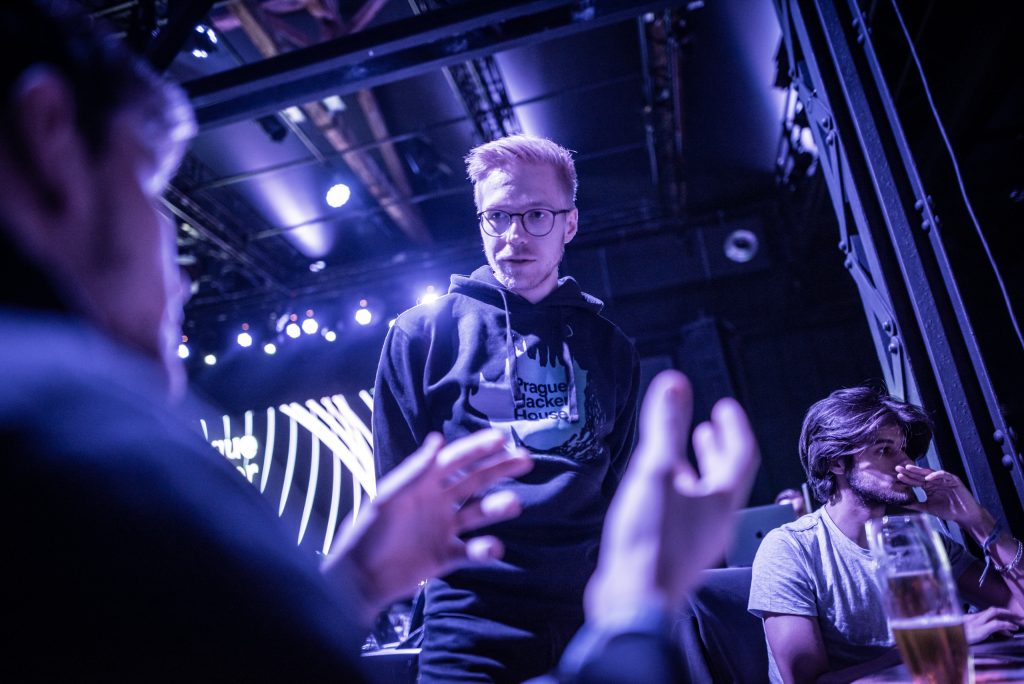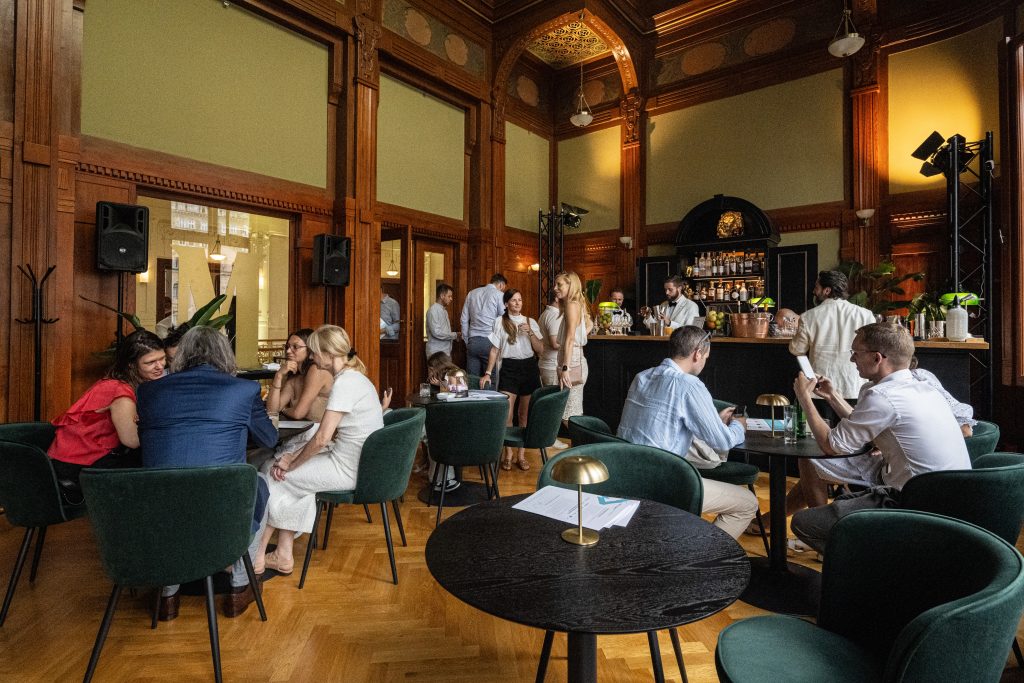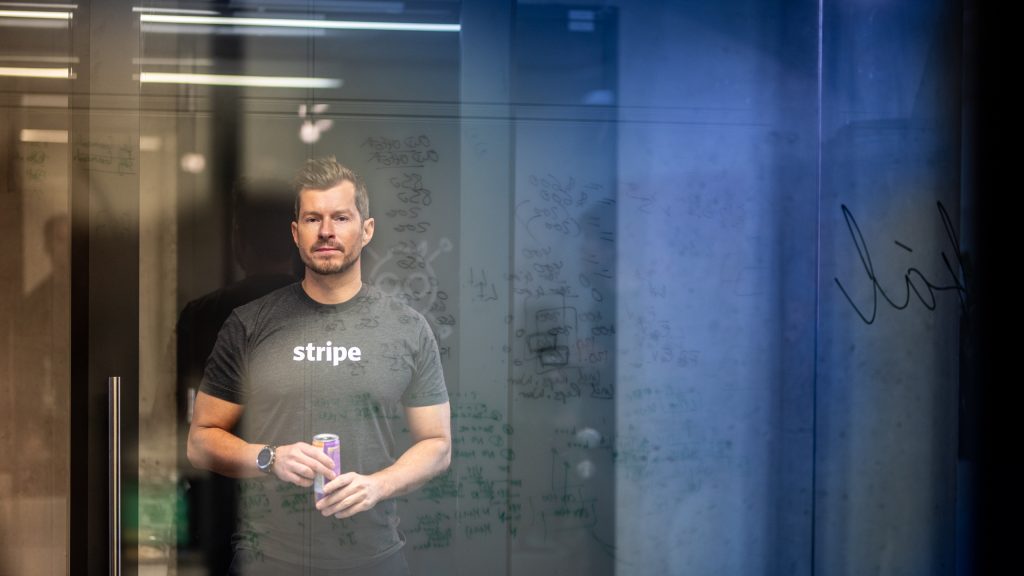All newsRockaway Insider With Viktor Fischer (Managing Partner, Rockaway Blockchain Fund): Blockchain is simply a technology that allows people to become equal
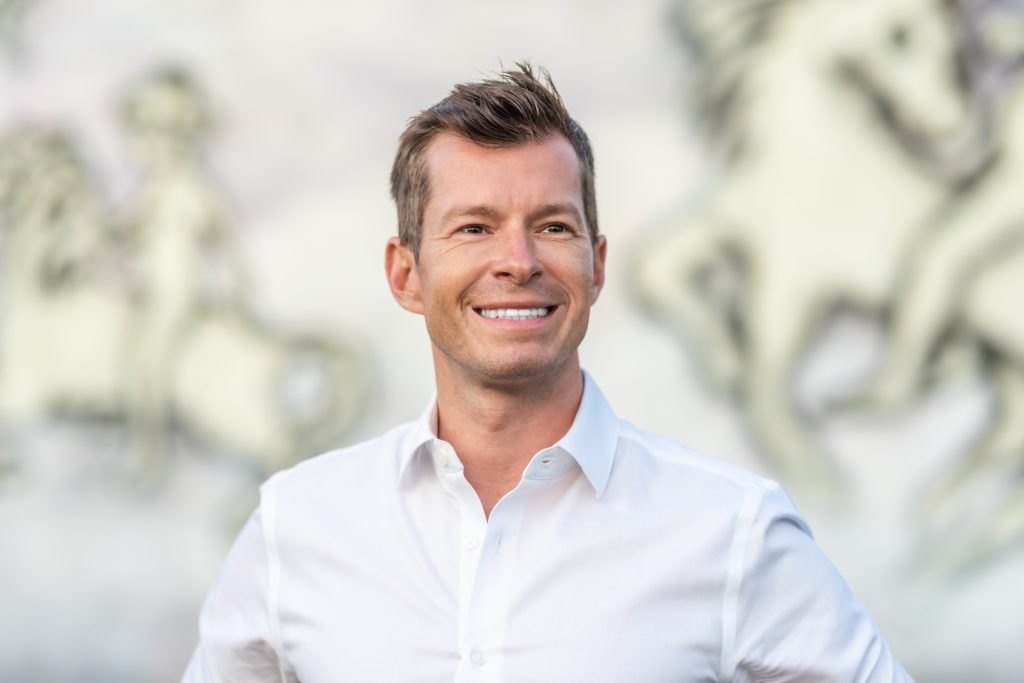
Viktor an investment partner at Rockaway Capital, and in recent years the alpha and omega of his everyday work has been blockchain technologies, which the Rockaway Blockchain Fund invests into. His experience comes primarily from abroad, where he lived and worked for many years, and where he co-founded, among other things, Innovatrics an award-winning start-up focused on biometric identification. Viktor believes in putting maximum effort into his work, but he’s no slouch in other areas of life either: for example, six years ago he opened Le Valmont, a lounge bar in Prague that he still manages to this day.
What key thing has 2020 taught you?
Every challenge is an opportunity. At the end of February we had documents for investors to sign, and we all know what happened next. In March all financial markets fell, so for us the timing couldn’t have been worse. But as it turns out, in the end the situation actually helped us immensely, Firstly, investors got used to the fact that we didn’t need to meet, that a Zoom call was sufficient, and secondly the blockchain market grew. Blockchain is simply a technology on which financial services on the internet are built (payments, loans, or investments), and when people are sitting at home, they use the internet to access these services.
What is the number-one rule that you follow at all costs in your business?
I worked and lived abroad for seventeen years. Regardless of whether it was France or the USA, business there is based on trust. Here in the Czech Republic and Slovakia you initially don’t have trust and have to spend years building it. Yet business is based on trust, and you need to help your partners. The richer you make them, the richer you’ll be as well. I’ve got an equation for it: trust = credibility x responsibility x intimacy/self-orientation. The more credibility you have in regards to some activity, the more responsible your are (when you promise to send something today, you send it today), the more you open up and show that you’re a normal person, the more trust you have. Divided by self-orientation, meaning when you think only of yourself.
What is your most important piece of advice for new entrepreneurs and start-uppers?
Don’t be afraid. This is life, and there won’t be anything else. That’s how I see it in the case of successful founders: they aren’t afraid, and so have quick execution. That’s what separates successful founders from unsuccessful ones. Those who don’t have quick execution are afraid. They’re afraid to call some CEO to sell him their product, they’re afraid to call investors. And fear is what slows people down.
One learns from one’s mistakes. What mistake taught you the most, and what, specifically?
I made many mistakes and continue to make them, both in investments that didn’t work out and in relationships. Mistakes are the foundation. Yoda says: “The greatest teacher, failure is.” A small child falls down ten-thousand times before it learns to walk. But the worst are regrets, when I wanted to do something, but didn’t. I was afraid that it wouldn’t work out. This is related to the fear I spoke of. When you’re afraid, you don’t make as many mistakes. Even in school, they taught us to get straight A’s and to not make mistakes, but that’s too bad: we learn by making mistakes. A bunch of things didn’t work out for us in blockchain, but for example Solana worked out. And so many times over, that it paid for all the failures. The way I see it today is that when I’m feeling fear, that means I have to do it. That’s why I contact investors in the very first few seconds, be it in the morning when I get up, or when I meet them at a conference, at lunch, or when we go for a glass of champagne. I’m constantly “selling” our fund.
In your view, what human characteristic makes business easiest?
Love. We live only once, and there’s very little love in business. People don’t trust each other, they argue, they try to cheat each other. And that’s too bad. I think that if they did things with more heart and love, everything would be much simpler. Simply put, we should help each other. Love will solve everything.
How’s your work-life balance?
I don’t have one, yet I do. Tim Ferriss wrote a book entitled The 4-Hour Workweek, in which he describes the concept of “mini-retirements”. He works for six months and then just travels for three, without a mobile phone, in Costa Rica, for example… And that’s how I do it. I work hard for six months, then I go diving in Mexico for a month or with friends to Burning Man in the USA. I tend to go from extreme to extreme: I work extremely hard and then rest extremely hard. That’s my personality, that’s my work-life balance.
What do you consider the greatest benefit of your business for society?
I was born during the Communist era; we had no freedom and the borders were closed. The problem is, that today I see freedom being restricted once again. Blockchain allows freedom, as far as financial services are concerned. You can use blockchain to send money to anyone in the world without a bank and without a state; all you need is to use a phone to connect to the internet. It allows you to borrow money, lend it to someone else, or invest. It’s nothing more than the globalization of financial services. Whether someone is in Nigeria and makes 20 dollars a day, or someone is in Silicon Valley and makes 200,000, both can access blockchain systems – for example Uniswap for trading or Terry to send payments. Blockchain has no centralized company, nobody can suddenly decide to restrict your access – like to a bank. Blockchain is simply a technology that allows people to become equal.
___
![]()
Did you like this interview?
The Rockaway Insider Newsletter is published every second Wednesday morning – subscribe now.
By clicking on “Subscribe” you agree to subscribe to the Rockaway Insider newsletter using the specified e-mail address. You can cancel your subscription at any time directly in the newsletter.
___

